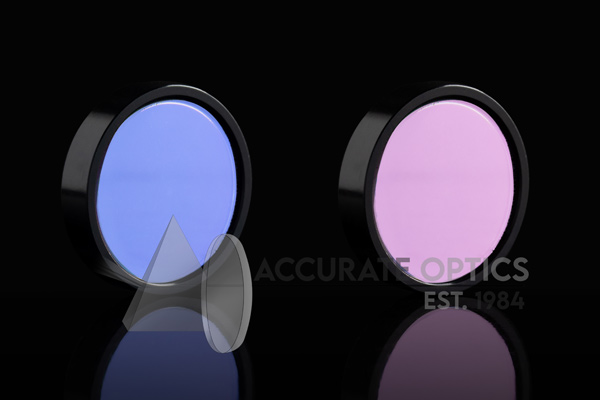IR Filter Glass Coating
In the realm of optical technology, the quest for enhanced clarity and precision is unending. One crucial component that contributes to achieving these goals is IR filter glass coating. In this blog post, we’ll explore the significance of IR filter glass coating, its applications, and how it plays a pivotal role in optimizing optical systems.
Understanding IR Filter Glass Coating
IR filter glass coating refers to a specialized coating applied to glass substrates, designed to selectively transmit or reflect infrared wavelengths while blocking unwanted radiation. This coating is crucial in various industries where accurate infrared imaging, sensing, and detection are essential. By effectively managing infrared light, IR filter glass coatings enhance image quality, protect optical components, and enable advanced functionalities.Significance in Various Industries
- Aerospace and Defense: In sectors where precision and reliability are paramount, such as aerospace and defense, IR filter glass coatings are indispensable. They optimize thermal imaging systems, enhance target detection capabilities, and ensure mission success in diverse environments.
- Consumer Electronics: From smartphone cameras to security systems, IR filter glass coatings improve the performance of optical devices in consumer electronics. They enhance image clarity, reduce lens flare, and enable features like night vision and facial recognition.
- Medical Imaging: In medical applications such as endoscopy and infrared thermography, IR filter glass coatings facilitate accurate diagnosis and treatment. They minimize thermal noise, enhance contrast, and ensure the fidelity of diagnostic images.
- Environmental Monitoring: In environmental monitoring applications, IR filter glass coatings enable precise spectroscopic analysis of infrared radiation. They support tasks such as gas detection, pollution monitoring, and climate research.
Advantages of IR Filter Glass Coating
- Selective Transmission: IR filter glass coatings selectively transmit or reflect specific infrared wavelengths while blocking unwanted radiation, thereby improving the signal-to-noise ratio and enhancing image clarity.
- Protection: By blocking harmful infrared radiation, IR filter glass coatings protect sensitive optical components from damage, extending their lifespan and ensuring reliable performance in challenging environments.
- Versatility: IR filter glass coatings can be tailored to meet the specific requirements of different applications, allowing for customization of spectral properties, durability, and environmental stability.
- Integration: IR filter glass coatings can be seamlessly integrated into optical systems, providing enhanced functionality without compromising overall performance.








